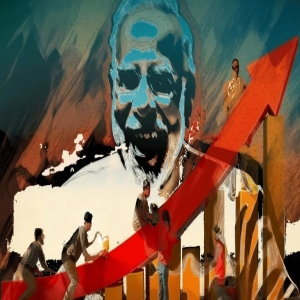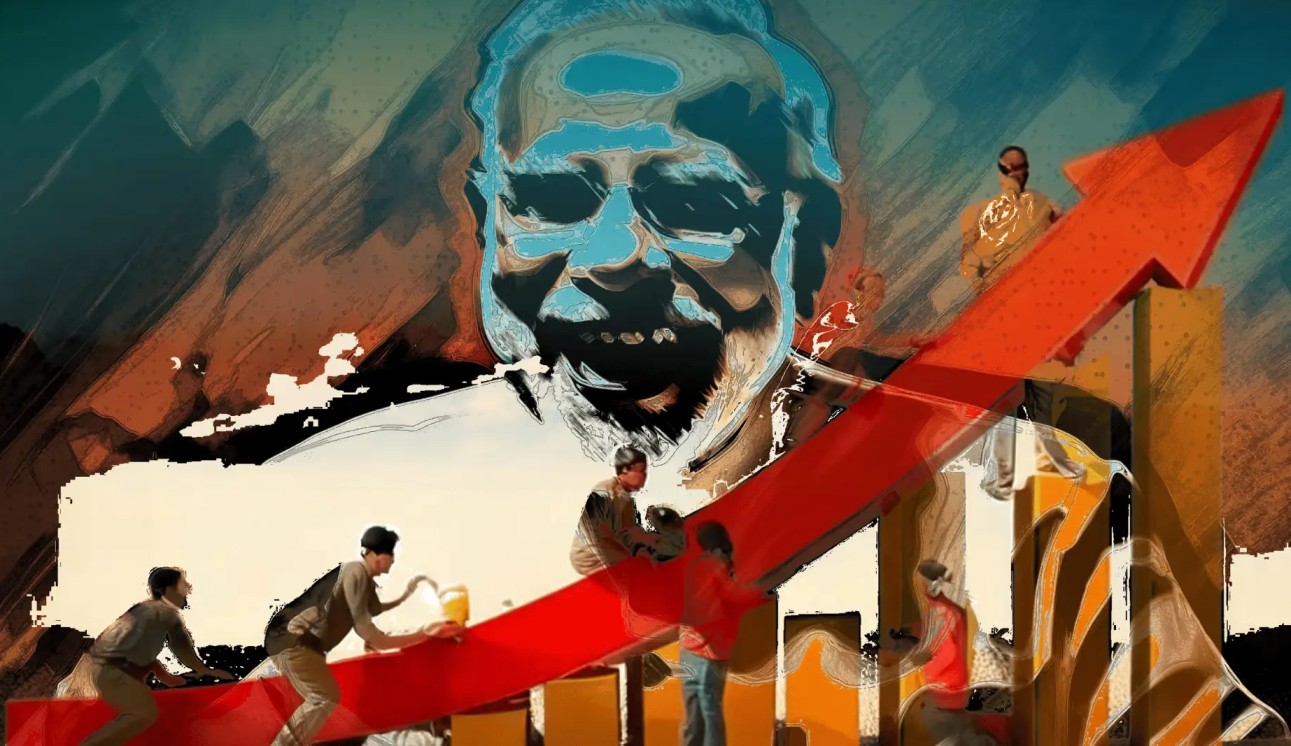
.png) Joseph Maliakan
Joseph Maliakan

Though the Supreme Court of India and several High Courts have repeatedly held that freedom of ex
In Romesh Thapar vs. State of Madras (1950), the Supreme Court ruled that the press plays a significant role in informing the public and promoting democratic values. Therefore, any attempt to curtail the freedom of the press would violate the right to freedom of ex
However, asserting that "journalism does not serve any public purpose," the Income Tax authorities on January 27, 2025, refused to extend the philanthropic status to The Reporters' Collective, an association of journalists that has consistently published reports critical of the Union government headed by Narendra Modi.
A recent report titled "Inside Modi Govt's War Room to Whitewash Global Indices" revealed that the Modi government had been lobbying to change methodologies to boost India's ranking in global indices.
The Reporters' Collective has been operating in India as a registered non-profit organisation since July 2021. The revocation of the non-profit status means that the group will no longer be exempt from paying income tax. The group will have to pay tax on all donations it receives. Donors to the group will also not be entitled to a tax rebate because the group will be treated as a commercial organisation.
Donations received by organisations registered under section 12 AB of the Income Tax Act are not taken as normal taxable income, and the amount given by donors also gets an exemption in income tax. Now that the IT department has cancelled the Repoters' Collective's non-profit status, not only future donations but also past donations can be taxed.
Under section 115TD, accumulations an institution made before the cancellation can also be taxed. When registration as a non-profit is cancelled, tax at the maximum marginal rate, which can vary between 30 and 42 per cent, depending on the income, will be levied.
In January 2024, the TRC reported that in 2014, Prime Minister Narendra Modi had tried to hold "backdoor negotiations with the Finance Commission to cut tax funds allocated to the states." The TRC also reported on women's safety, environmental issues, and the ethnic conflict in Manipur. It also carried investigative reports on the Union Government's Electoral Bonds Scheme and on the murky business operations of the Adani group.
Several opposition leaders have condemned the misuse of the IT department to suppress criticism of the government. Congress leader P Chidambaram tweeted, "One more building block of freedom was knocked down when the Income Tax Department cancelled non-profit status of The Reporters' Collective." Congress MP Randeep Singh Surjewala tweeted, "the facist Modi government is inimical to independent media and hates free press. The pliant, subservient media of today is a poor commentary on the brick by brick designed obliteration of democracy." Former TMC MP Jawhar Sircar said the Prime Minister "unleashed Income Tax hounds to terrorise the media that exposes his corruption and highhandedness."
In June 2024, the IT department cancelled the tax exemption status of Aman Biradari, an NGO headed by human rights activist Harsh Mander, and its registration under section 12 AB of the Income Tax Act 1961.
Section 2(15) of the Income Tax Act defines "charitable purpose" as including "relief of the poor, education, yoga, medical relief, preservation of environment and preservation of monuments or places or objects of artistic or historic interest and advancement of any other object of general public utility."
Seven kinds of activity are considered charitable for tax exemption. The first six are charitable per se. The seventh residual kind is the advancement of 'any other object of public utility.' The residual category is relevant in The Reporters' Collective case.
The Act does not clarify what constitutes "general public utility." It means that the activity has a worthy purpose and an element of public character and must relate to a sufficiently large section of the public. Examining the objectives with which a trust or institution has been set up is the starting point for deciding whether it has a charitable purpose.
Are the activities to be carried out on a non-profit, no-loss basis? Do the activities have a worthy purpose? Will the activities benefit the public at large? If the answers are in the affirmative, the activities should be considered to be of general public utility.
The TRC's main objectives are education and other objects of general public utility. Other objectives would be to publish news, conduct research, promote journalism, and conduct training and educational activities. These are non-profitable activities since they are conducted on a non-profit, no-loss basis.
Public utility is implicit in philanthro-journalism. The primary role of responsible journalism is to build an informed citizenry and act as a 'watchdog' in a democracy. Responsible journalism must be essentially considered as advancing "general public utility."
However, the Commissioner's order revoking TRC's non-profit status does not record that the association is undertaking commercial activities for consideration. The Commissioner has very casually denied registration by claiming that journalism does not have public utility. This, therefore, is a clear case of arbitrary exercise of power without proper application of mind.
On February 10, the Delhi High Court, hearing a writ petition submitted by the Reporters' Collective challenging the Income Tax Commissioner's order, directed the Income Tax Appellate Tribunal to resolve the issue expeditiously.